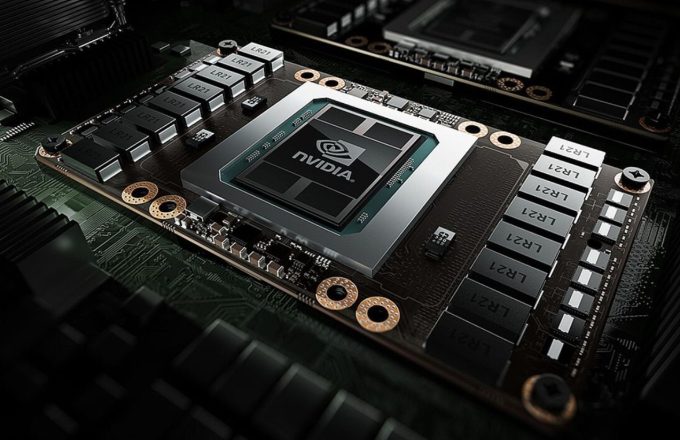You’ve likely come across news in recent months about the end of support for Windows 10—an announcement that has prompted millions of users to consider upgrading to Windows 11 or exploring alternatives. Sticking with an unsupported operating system is generally viewed as a risky move, and with good reason: it means losing out on security patches, compatibility with new applications, and protection against evolving cyber threats.
But not everyone seems equally concerned about staying up to date. In fact, one of the most surprising examples of outdated technology comes from a sector as vital as it is sensitive: air traffic control in the United States. Yes, some control towers still rely on technologies that seem more at home in a museum than in a modern airport—and that’s no exaggeration.
This week, Chris Rocheleau, acting administrator of the FAA (Federal Aviation Administration), testified before the House Appropriations Committee and confirmed it: there are still towers using paper strips and floppy disks to manage flight coordination. These tools, introduced in the 1970s, remain in active use at some airports across the country.
Public broadcaster NPR added more fuel to the fire, reporting that computers running Windows 95 are still in operation. Although slightly more modern than floppy disks, this operating system has been unsupported since December 31, 2001. That’s more than two decades without updates or security guarantees.
Why are these outdated systems still in use? Because they work—and have worked reliably for decades. Air traffic control systems (ATC) must operate 24 hours a day, seven days a week, and their historical reliability has been the main reason no one has wanted to take the risk of replacing them entirely. But that window of stability is quickly closing.
The new Secretary of Transportation, Sean Duffy, has acknowledged the urgency: modernizing the system is now a national priority. As he put it, “this is the most important infrastructure project the country has undertaken in decades.” His remarks echo growing concern within the aviation sector. Air traffic controller unions and industry groups like Modern Skies are now calling for sweeping reforms.
In March 2025, the Government Accountability Office (GAO) published a stark report: of the 138 systems that make up the FAA’s technological infrastructure, 51 were classified as unsustainable and 54 as potentially unsustainable. Many have been in service for over 30 years. Some, over 60.
The report warns that these platforms are not only prone to technical failure—they’re also becoming increasingly difficult to maintain. Spare parts are scarce, the specialized technicians who understand these architectures are retiring, and stopgap solutions like virtualization aren’t always feasible in such critical environments.
Faced with this reality, the Department of Transportation has issued an open call for private companies to submit proposals featuring next-generation technologies. In the meantime, the system continues to function—but it does so on increasingly shaky ground. The real challenge now is turning the urgent need for change into meaningful action. As always, the clock is ticking.



















